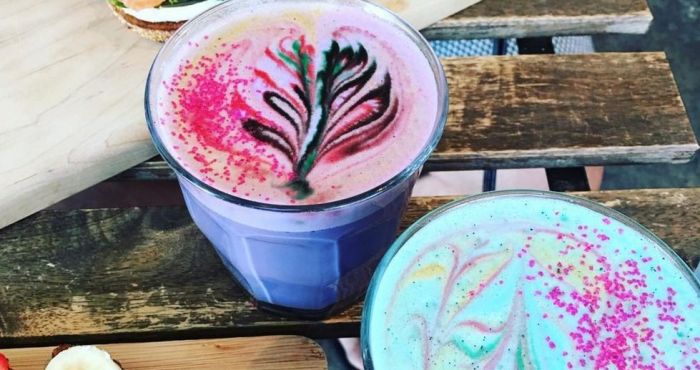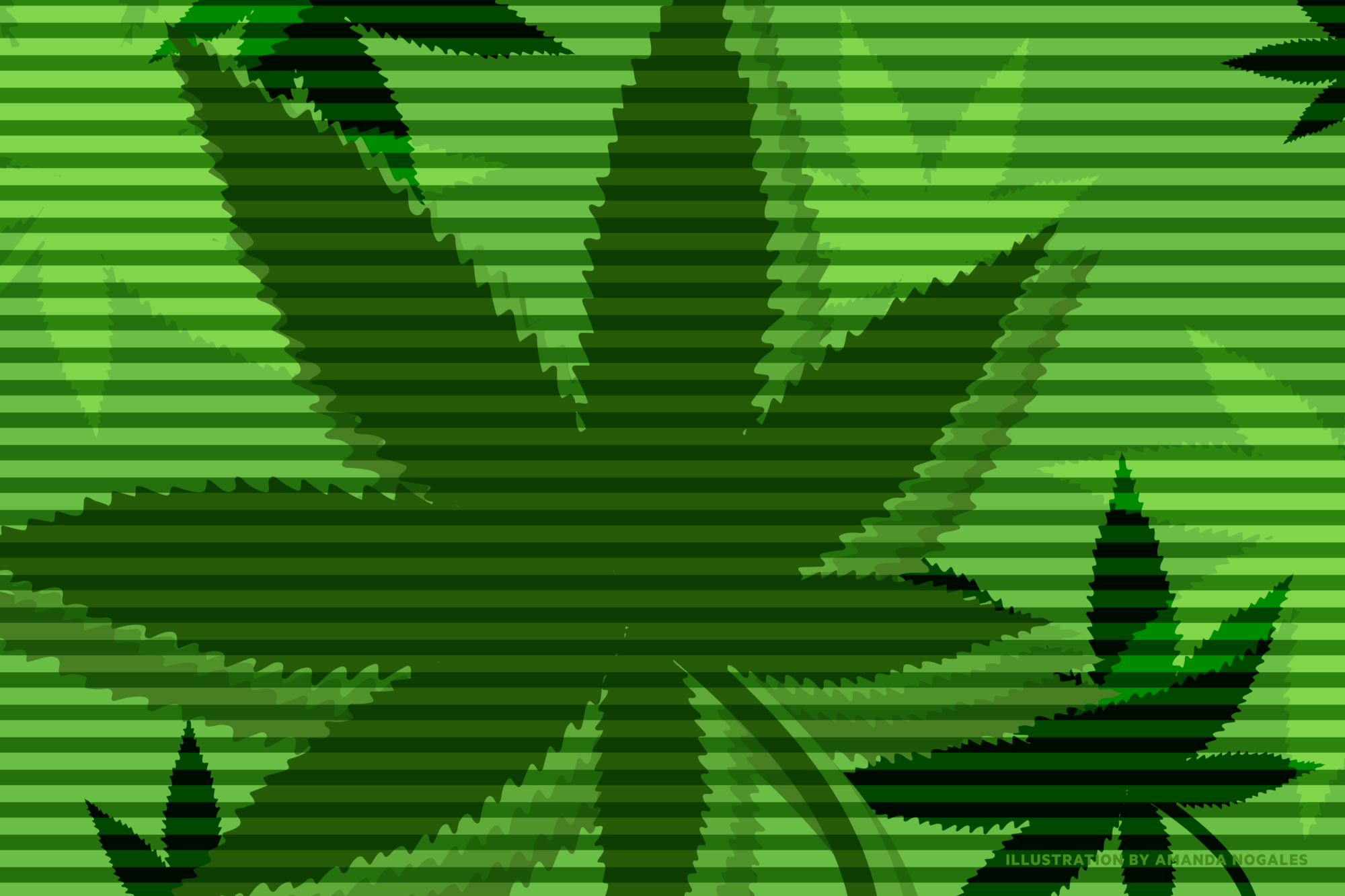
Water Soluble CBD is a type of CBD that comes in drop form in water. Each half-dozenful of CBD is contained in 30mL bottles. You should consume 2 tablespoons of the product per day. The bottle should last approximately a month. If you use it less often, however, it will last longer.
Bioavailability
Water-soluble CBD can be an option for those who desire to receive the benefits of cannabis but don’t want to take it orally. The water-soluble form of CBD is often found in beverages and edibles. Its bioavailability rates are higher than those of the oil-based form. It will reach its intended place in the body more quickly.
Because it is soluble in water, CBD is highly bioavailable. This results in lower prices and greater potency. This also means that there is less need to use other oils. However, studies are still needed to determine if this method works. Ojai Energetics also claims to increase CBD's bioavailability. Curcuminoids are also water-soluble and have the same molecular weight as cannabinoids. When formulated in liposomal or colloidal form, they become up to 8 times more bioavailable than CBD.
Shelf life
It is unclear what the shelf life of CBD products that are water soluble is. It usually varies from one product. Most products have a shelf life of one to two decades, although some might last for longer. To extend the shelf life of your product, it must be kept out of direct sunlight and at room temperature.

A water-soluble CBD product is more stable than an oil-based CBD product. It is easier to mix into beverages and other food products. The best thing about water-soluble CBD is the better taste. People who prefer to consume CBD before bed can use water-soluble CBD products.
Health benefits
CBD products made with water-soluble CBD cannabinoids are easier to absorb by the body. This is because the animal body is primarily composed of water. Oil-based products might suffer from "first pass metabolism," which means that they require more digestion work to absorb. On the contrary, water-soluble CBD compounds dissolve quickly in your body and spread all over the system.
Water-soluble CBD is made by breaking CBD into nanoemulsions, which are microscopic droplets that are water-compatible. These nanoparticles are visually homogeneous and have lower levels of surfactants. Water-soluble CBD is therefore more effective than oil-based CBD.
Cannabinoids in water-soluble formulations
Water-soluble CBD is more absorbable than oil-based CBD. Water-soluble CBD formulations can be more bioavailable to the body than their oil-based counterparts, as 60% of the body's total water content. Water-soluble CBD products consist of nanoemulsions containing bioactive cannabinoids and carrier oils. These products provide quick relief with no greasy or unpleasant taste.
Water-soluble CBD formulations may contain as little as 1% cannabinoid by weight. You may find 10% or 15% of it. Water-soluble formulations may also contain other ingredients such as flavorings, preservatives and antioxidants.

Alternatives to oil-based CBD
If you prefer to use a topical treatment, there are many other options to the oil-based CBD products on the market. However, you should be aware of the risks involved with these topical applications. Some carrier oils are known to trigger allergic reactions. Additionally, certain ingredients in the product can also cause reactions if exposed to sunlight. It is important to read product labels before you apply any products on your body.
CBD oils can be best taken sublingually. CBD oil can be taken sublingually by placing a small amount under the tongue for at least 30 second. This will allow CBD oil to reach the bloodstream via the capillaries underneath the tongue. This means that the CBD oil molecules are more rapidly absorbed into the body because they do not have to pass through the digestive process.
FAQ
Can CBD companies be a good investment?
The answer depends on the question you are asking. They are great investments if you are looking to make money. However, if you are just looking to help others, I would say no. There are many other options available without spending $20k.
What are the differences in CBD price between different states?
Prices for CBD products can vary depending on where you live. Prices can vary by as much as ten times depending on where you live.
In general, prices increase the further north you go. CBD is expensive in Alaska on average at $35 per gram. It costs in Hawaii around $200 pergram.
This trend continues throughout the country. Prices can range from $5-$2,500 per gram.
Why is it happening?
The varying levels and regulations of cannabis regulation are one reason prices can vary widely. Some states require that all CBD products contain very little THC (the psychoactive component of marijuana). Other states don't care what level of THC is present.
Some companies may choose to sell their products first in one state before shipping them to another.
Is CBD's market saturated?
CBD industry is growing at over 25% per annum. This growth will continue at least five years. According to industry projections, it will grow from $2 billion to $5 billion by 2020.
Two companies dominate the CBD market: GW Pharmaceuticals (Canndoc Ltd) and Canndoc Ltd. Both companies are focused on the development of pharmaceutical-grade CBD products. They have not been very effective so far. Both are struggling to get traction on market.
Cannabidiol, or CBD (cannabidiol) is a cannabis extract that contains less 0.3% THC. It does not cause any psychoactive effects. It is used as a treatment for epilepsy and other medical conditions. It is also used to supplement a diet.
There are many kinds of CBD products. Some are made using whole plant extracts, while others use isolated cannabinoids such as CBD.
These products all have one thing in common: they contain low amounts of THC.
They are now legal under US federal laws. This doesn't mean you shouldn't follow local laws when selling CBD-related products. Check with your state regarding the sale of CBD products.
There are also several states that CBD products are prohibited. These include California and Colorado, Florida, Mississippi. Missouri, New York. North Carolina. Ohio. Oklahoma. Oregon. Rhode Island. South Dakota. Texas. Utah. Virginia. Washington.
CBD products shouldn't be used if you live in any of these states.
Which are the best CBD uses?
The best use for CBD is as an alternative treatment for anxiety. You can also use CBD to treat anxiety, pain, insomnia, epilepsy and inflammation.
CBD can be consumed in many different ways. CBD can be consumed in many ways.
CBD has many health benefits. It has been shown to help people suffering from chronic pain, PTSD, anxiety, and more.
Does CBD help with anxiety?
CBD oil is effective for treating anxiety because it interacts with certain receptors in the brain called CB1 and CB2. The endocannabinoid systems regulates mood and stress response.
CB1 receptor activation occurs when our bodies feel anxious. This receptor triggers the amygdala and is responsible to emotional processing.
When the CB1 receptor is blocked, the amygdala doesn't receive the signal to process emotions. CBD users report less negative feelings.
2017 study found that CBD helps reduce anxiety in social phobia patients. Another study showed that CBD reduces symptoms of PTSD.
A 2018 study concluded that CBD can be used to treat anxiety disorders and anxiolytic effects.
Another study indicated that CBD might help reduce panic attacks.
Numerous studies have found that CBD can increase anxiety in mice.
According to the researchers, this discrepancy between animal and human data may be due in part to differences in CBD's effects on humans and animals.
CBD has not undergone any safety studies. But, experts are unanimous in their belief that CBD is safe when used according to directions.
What CBD products sell the most?
CBD products are everywhere these days. These products are being used to treat everything, from anxiety to pain relief. The market is growing rapidly and is very large.
But for what purpose do people buy CBD? This is how it affects brand owners.
Statista states that CBD products are bought for their relaxing effects. They are also used for their anti-inflammatory properties.
This means that products with both CBD or THC can be sold both for recreational and medicinal purposes.
What about brands that focus on a specific purpose? A company selling CBD for stress relief is an example of a brand that will not be challenged.
Also, if a brand is focused on CBD for medical reasons, it will have large customers.
However, if a brand wants to target recreational users, then they need to create a unique selling proposition (USP). A USP simply means a distinctive feature or benefit that differentiates a brand's competitors.
For instance, some brands offer free shipping and others offer discounts on bulk orders.
What is the future in CBD?
The future looks bright for CBD. It is clear why so many people are getting on board with this industry. With CBD products making up over $1Billion worldwide, it's easy for people to see why this market has grown exponentially.
According to Statista, worldwide sales of cannabidiol (CBD), are expected to hit $22.4 billion in 2019. This is almost 200% more than 2018!
A compound annual growth rate (CAGR) of 22.5% is predicted for the CBD market, which will translate into nearly $6.8 Billion in revenue by 2022.
This is good news for both companies that want to enter the CBD market and those who are already in this sector. We must remember that the CBD market still has a lot of work ahead.
Statistics
- however, one study also found that these effects were virtually abolished when the original media (a nutrient broth agar) was replaced with one containing 5% blood (increasing the minimum concentration to ~160 μM CBD) [179]. (ncbi.nlm.nih.gov)
- The inhibition of FAAH is predicted to lead to an increase in brain and plasma concentrations of AEA, which acts as a partial agonist at CB1R and CB2R, thereby increasing endocannabinoid tone [92, 110]. (ncbi.nlm.nih.gov)
- A recent study [161] also found that in vitro CBD treatment (i.e., ≤ 2 h exposure to 10 μM) induced ~40% vasorelaxation in isolated (pre-constricted) (ncbi.nlm.nih.gov)
- OralWhere HED is the human equivalent dose, and Km is a correction factor estimated by dividing the average body mass (BM) of the species (60, 0.020, and 0.150 kg for 11 humans, mice, and rats, respectively) and by its surface area (see: Nair et al. (ncbi.nlm.nih.gov)
- HR −16 mmHg; 95% CI −26, −6; I2 = 92%) (ncbi.nlm.nih.gov)
External Links
How To
How To Get Certified For Selling CBD Products
CBD (cannabidiol) is one of the hundreds of cannabinoids found in cannabis plants. It's been used medicinally throughout history, including traditionally in China, India, and many South American countries. The ability to treat conditions such anxiety, pains, epilepsy, and inflammation has made CBD products extremely popular in recent times. But if you want to start selling CBD products, there's no official certification program available yet -- at least not in the U.S. That means anyone who wants to make money off their own line of CBD products has to rely on the "unofficial" process of self-certification.
There are two options. The first is to join a local association of canna-business owners. You can get support and advice from other members while learning from them. There are currently many associations across the country. There are two options. The first is to open an online business. Canna-businesses can now operate online in many states. You can create your own website and start taking orders immediately if you are allowed to do so. However, you must still register with your state's Department of Public Health. Once you've registered, you'll be able to apply for a license through your state's department of public health. Once you have received your license you are officially authorized to open your store, accept orders, and close it.